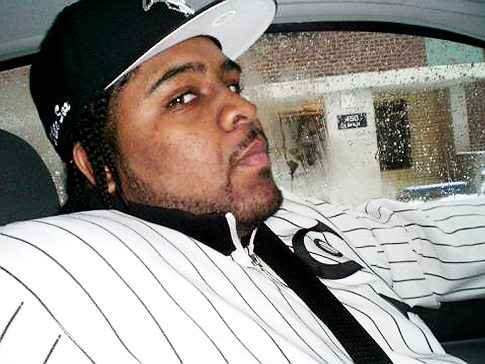A little bird chirped in my ear: Psst. I got a scoop. And so I do.
This past April the New York Daily News wrote up the story of 29-year-old Brandon Jackson who was sent to Summit Shock Correctional Facility, a state run, boot camp style, detention center about 50 miles west of Albany. Two weeks later, after a forced two-mile run, he was dead of heat stroke.
Would a two mile run kill me? Nope. But then, I don’t weigh 270 pounds, have asthma and an enlarged heart. All of which Jackson had, and which should have disqualified him from the boot camp program:
“[Jackson] was not physically or medically suited for the DOCS Shock Incarceration program and should have been excluded,” the State Commission of Correction ruled in a June 2010 report.
And now the state has ponied up $1.2 million to settle the matter.
Jackson had been sent to the camp after pleading to a drug charge that earned him two years, in the hopes he could be rehabilitated. Rehabilitation is, after all, the hope of many in the correctional biz. Recidivism sucks.
The camp was a politically popular program and the program’s commissioner was trying to find more bodies to fill it. Potential prisoners were told that medical issues would be taken care of in the harsh environment.
Despite Jackson’s history of hospitalization for asthma, his obesity and his enlarged heart, he was approved for the program. His medical file noted that he was prescribed an albuterol inhaler for the asthma. But the asthma inhaler was taken by a guard because it wasn’t properly marked, and they refused to give him new medicine. The camp, it’s worth noting, had two nurses but no doctor or nearby hospital.
Jackson, during his brief stay at the facility, was singled out for abuse because he was unable to complete many exercises due to his physical condition. After it was over, inmates gave detailed statements to the Inspector General’s Office detailing that abuse. He’d made repeated complaints as to his health, including severe shortness of breath, and he made numerous visits to infirmaries. At one point respiratory tests were done that showed he had a severely restricted airflow. Despite this, he was taunted and threatened by the drill instructors who told him that he would be “arrested”, and that he should just “drop dead” as he was pushed to do that which he was medically incapable of doing. He was struck numerous times, mostly slaps to the back of the head.
After the gross incompetence of the staff, the asthmatic Jackson, without medication available, was forced out on the run that would end his life:
“His obesity, history of asthma and [enlarged heart] should have disqualified him from being forced to participate in strenuous activity in the heat of August,” a pathologist wrote in Jackson’s autopsy report. “Such individuals should not be candidates for ‘boot camp’ or ‘shock camp.'”
The action was brought as a federal civil rights claim, for violating the 8th and 14th Amendments.
According to the family’s attorney, Eric Buckvar, all of the money after litigation expenses will go to Mr. Jackson’s two children, who live in the Bronx. They were ages 7 and 9 at the time of his death. But it won’t come as cash, to be squandered in youth. Rather, it will be part of annuities that will start paying out when the children are of college age, and will be structured so that college and graduate school will be easily attainable. The exact amount is not yet known as the court must still approve the settlement and distribution of funds (including legal fees and expenses).
While such a settlement is no substitute for a father, at least the money might be used to help break a potential cycle of poverty. Depending on what these two kids do with their lives and their education, the taxpayers might, quite ironically, see a return on the funds paid out for the state having negligently killing Mr. Jackson.
The case settled after mediation with Magistrate Judge Maas in the Southern District of New York, who worked to close the gap between the two sides. It settled shortly after the mediation ended.

Pingback: Daily News Rips Me Off (Again) – New York Personal Injury Law Blog
Not to make light of a sad situation, but this scenario immediately reminded me of A Few Good Men.
What this really shows is how dehumanizing our prison systems are. Some people don’t deserve much better, but if we ever expect ex-cons to reintegrate back into society (not all sentences are for life for a reason), we might do well to consider different ways of punishing them and separating them from the rest of the population.
I guess, if you don’t treat them like humans, it’s a lot easier to be lax about medical issues.
Unfortunately once a person has a felony on their record it’s a sentence that will hunt them for the rest of there lives. It makes it almost impossible for a person with a criminal record to get find a good job or even rent an apartment.